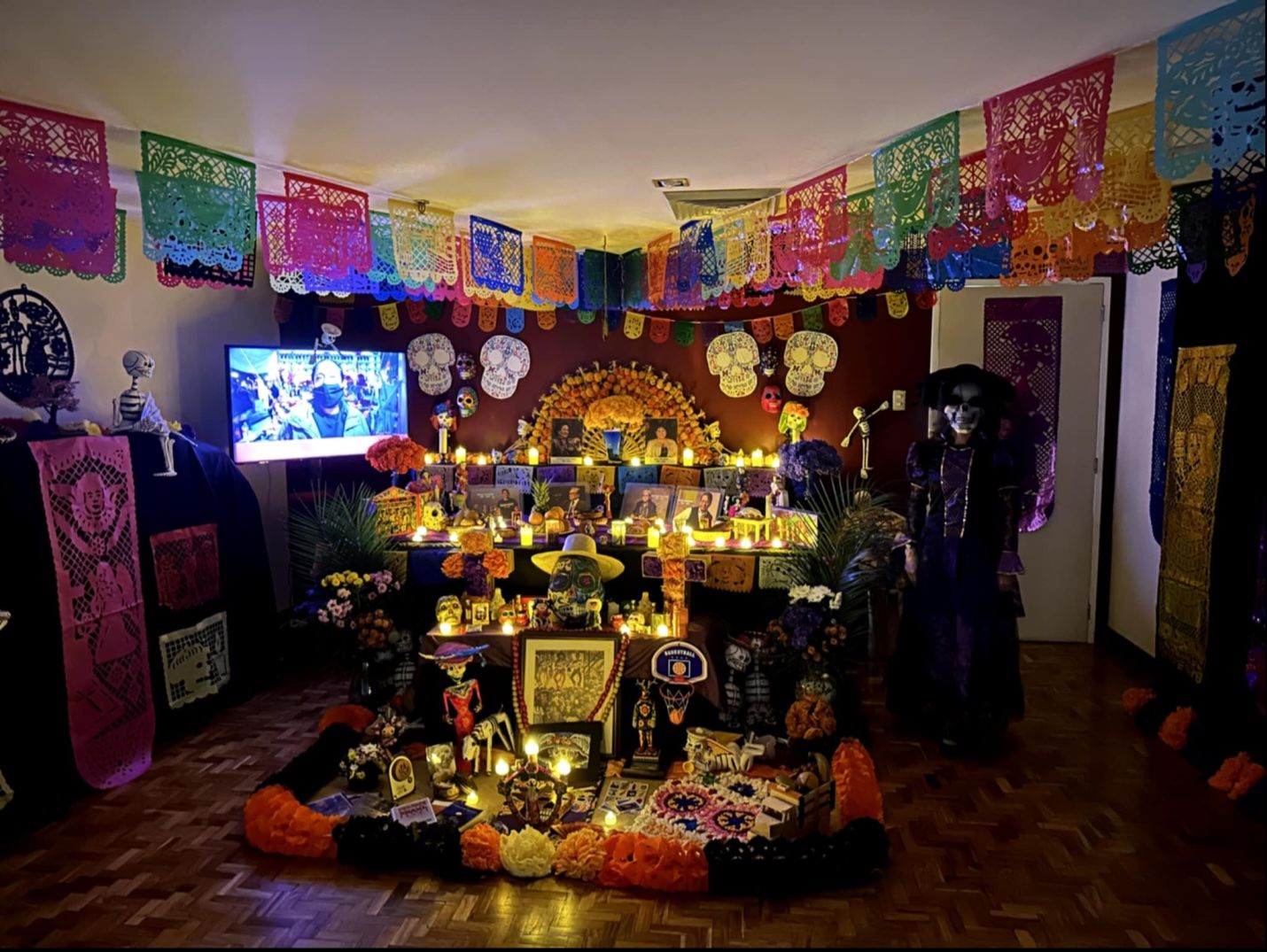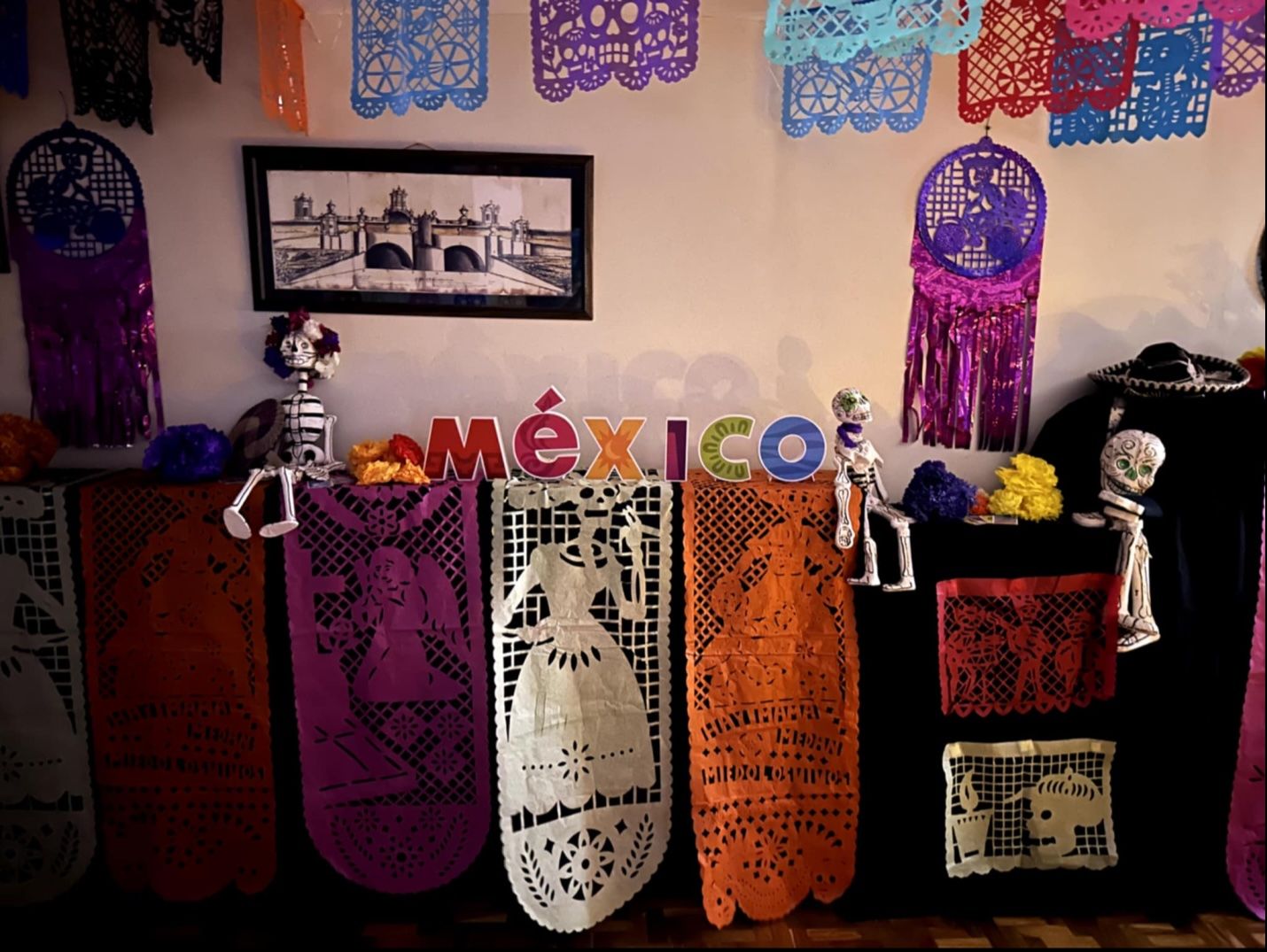
The Embassy of Mexico in the Philippines proudly celebrated the DÃa de Muertos (Day of the Dead), a significant and culturally enriching festivity in the Mexican calendar. Recognized in 2008 by the United Nations Educational, Scientific and Cultural Organization (UNESCO) as a part of the List of Intangible Cultural Heritage of Humanity, DÃa de Muertos is a tribute to the temporary return of deceased relatives and loved ones.
DÃa de Muertos is observed from Nov. 1 to Nov. 2, aligning with All Saints' Day and All Souls' Day in the Philippines. During these days, families remember the spirits of their loved ones back to the world of the living. Intertwining pre-Hispanic traditions with customary Mexican cultural elements, this occasion transcends mere remembrance; it is a celebration of life, death, and continuity.
The Day of the Dead in Mexico coincides with the Philippine remembrance of Undas, during which families visit cemeteries in memory of and respect for loved ones. In addition, it is traditional in Mexico to create elaborate and vibrant displays of decorated offerings, known as ofrendas.
An important part of the DÃa de Muertos festivities, the ofrenda serves as an invitation to the departed to visit their families once again. Rich in symbolism, these offerings are adorned with various elements, each carrying their significance. In that sense, it may include typical elements, such as the papel picado (traditionally designed perforated paper), calaveritas de azucar (ornately decorated sugar skull candies), pan de muerto (baked sweet bread), and the cempasuchitl flowers (similar to marigold), along with food, candles, and incense, with the idea to attract and guide the souls back to their homes.

While these items are generally included in the ofrendas, additional objects are also incorporated, such as personal effects and interests of their beloved departed, as well as references to their local customs and traditions in which they reside. These particularities make each ofrenda a unique mosaic of living memories, involving the departed ones, their family, and the community in which they reside.
The Embassy of Mexico in the Philippines is privileged to curate a distinctive ofrenda, enabling the public to engage with this celebration. The observance of DÃa de Muertos not only honors the deceased and strengthens our memories of the departed ones, but also draws parallelisms to similar traditions celebrated between Mexico and the Philippines, enlightening us about the cultural elements that bind us.